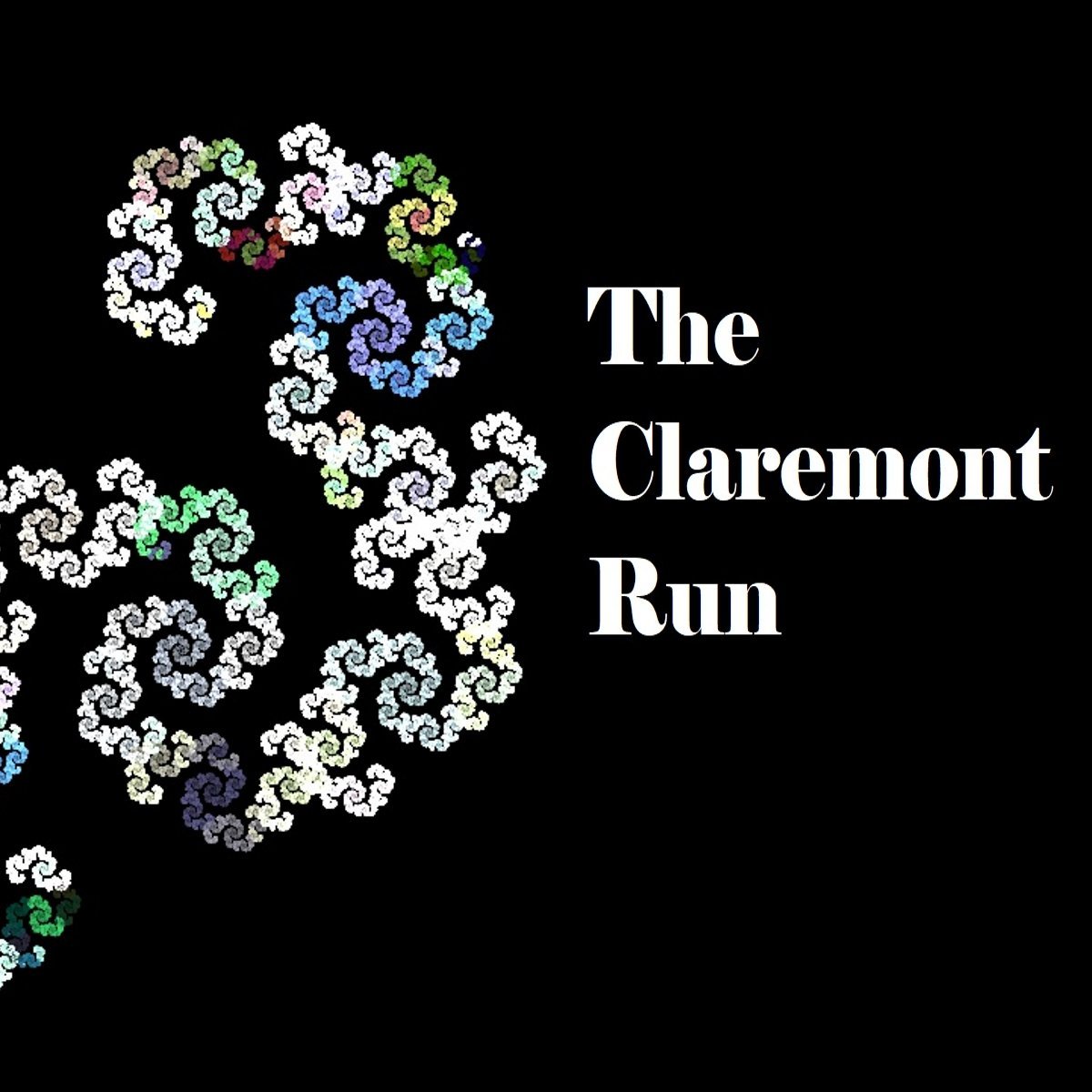Implicit in C's argument is the notion that Kurt offers a heroic paradigm by which the responsibility for the discomfort of deviation lies outside the being who is deemed different. That’s society’s problem, not Kurt’s and not that of anyone made to feel ‘monstrous.’ 4/5
With the added raw power of the Phoenix, Rachel is freed from the threat of sexual violence that comes with the sexualizing gaze, a key subject of discussion in 3rd wave feminism. Basically, she can be as sexy (or unsexy) as she wants to be and no-one can stop her. 8/10
Rachel’s Excalibur costume is her Hound outfit. In the pages of UXM, she found herself wearing it as a sort of torture. In Excalibur, it’s her goto uniform. This, if nothing else, reflects that Rachel has come to terms with her past – reclaimed it and taken ownership. 5/10
Yes, we missed a planned miniseries that fell through, but C could easily have filled in the expected backstory that took Rachel from A (in UXM) to B (in Excalibur). Instead, it was left unsaid, forming, for many, a compelling gap in backstory rather than an inconsistency. 4/10
Rachel came to the 616 without a superhero uniform and spent the majority of her time in UXM operating (conspicuously) without a definitive costume – thus forming an apt fashion metaphor for a character who didn’t really know who she was or what she stood for. 2/10
A lot was left unsaid regarding Rachel Summers’ transition from deeply anxious and withdrawn teenager in UXM to confident and assertive young woman in the pages of Excalibur, but one aspect of her character that did speak volumes about her transition was her costume. #xmen 1/10
Combining these experiences and episodes and framing them within the hyperbolic, hyperdramatic supernatural world of X-Men gives us a character who can speak to everyone’s interior conflict regarding personal connections and emotional vulnerability. 8/8
Claremont’s Rogue is deeply troubled, uncertain of whether she wants to be a hero or a villain, actively suppressing intense anger, and even suicidal at times. Of course, sharing mental space with Carol only enhances the metaphor as a symbol of fear of letting people in. 4/8
Part of Rogue’s relatability might lie in the manner by which her power-set represents the universal intensity of negotiating relationships with others: the fear of letting people in vs the pain of self-isolation; the danger of intimacy vs the power of connection. #xmen 1/8
“You’d say a stupid idea and you wouldn’t feel stupid. You never got the sense that they thought you were stupid….I think X-Men rocketed at a time when the creative environment was very free. When people were welcome and ideas were welcome.” 4/4











